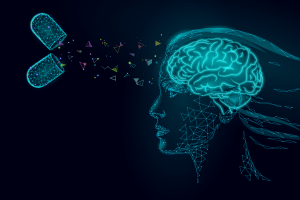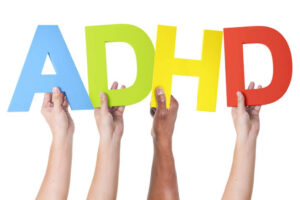How Does Nootropics Affect the Brain?

Nootropics are a type of supplement that is often used to improve cognitive function. The most popular nootropics are racetams, but there are others as well. In this article, we will be looking at how nootropics work and their effects on the brain. What is a Nootropic? Nootropics are substances that have been shown to improve cognitive function in healthy people. Some nootropics, such as piracetam, aniracetam, and oxiracetam, are found in the racetam family of drugs. Nootropics can improve memory, focus, concentration, and creativity. They can also increase alertness and reduce anxiety. The effects of nootropics vary depending on the person and how they use them. Nootropics can be used to treat a variety of conditions, such as Alzheimer’s disease and depression. How Does Nootropics Work in the Brain? Nootropics, also known as “smart drugs” or “brain enhancers,” are substances that improve cognitive function. Some nootropics have been around for years, while others are relatively new. There is a lot of research being done on nootropics and their effects on the brain. Here are some of the most well-known effects of nootropics on the brain: Nootropics can improve memory and focus. They can help you learn new information faster. […]
» Read more


